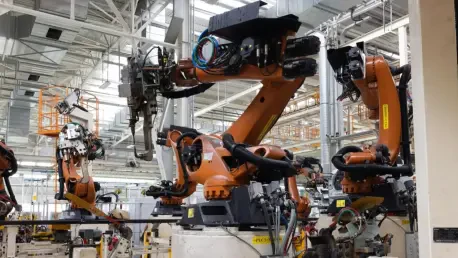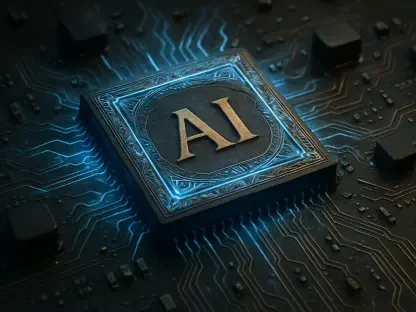Industrial automation has gone through remarkable evolution, significantly reshaping manufacturing by enhancing efficiency, reducing operational costs, and driving technological advancements. As this transformation continues, several companies have emerged as frontrunners. This roundup dives deep into how these industry leaders have capitalized on robotics, artificial intelligence, and digital systems, offering insights from top-performing companies in the field.
The Automation Landscape Evolution
Industrial automation has experienced an exponential rise from basic mechanization to complex AI systems, drastically changing production. This transformation isn’t just about maintaining competitiveness; it’s a direct infusion of efficiency and innovative production methods into modern industries. We are spotlighting those at the forefront of these advancements, showcasing how they epitomize varying aspects of the automation revolution.
Insights from Innovators in Manufacturing
Schaeffler’s Automated Approach
Schaeffler’s integration of artificial intelligence into quality assurance and production processes highlights a calculated strategy aimed at elevating manufacturing precision. Utilizing AI for defect detection in its Hamburg factory, the company has reported noteworthy efficiency improvements. Industry analysts recognize Schaeffler’s model as a benchmark for others but caution against challenges in scaling AI applications globally. Potential obstacles include IT infrastructure adjustments and employee training at an international level.
Volkswagen’s Forward-Thinking Strategy
Volkswagen is pushing boundaries with industrial robots and AI-driven digital twins, particularly in its European plants. By leveraging autonomous mobile robots and predictive maintenance, Volkswagen has seen productivity surges and a reduction in downtime. However, experts point to cybersecurity risks and the need to balance employment with automation as crucial issues. It’s also suggested that continuous investment in training and digital infrastructure is necessary to maintain smooth operations.
Amazon’s Fulfillment Revolution
Known more for e-commerce, Amazon’s application of automation within its fulfillment centers is exemplary. With robotic systems streamlining operations such as sorting and logistics, coupled with AI for demand prediction, Amazon has redefined warehouse efficiency. There is a robust debate around labor displacement and the shifting expectations of consumers that need addressing as part of societal changes accompanying automation. Analysis shows a need for ethical considerations and policy frameworks to properly manage these shifts.
Samsung’s Innovative Precision
Within electronics manufacturing, Samsung’s deployment of AI and robotics stands out due to its emphasis on accuracy and cost-efficiency. Analyst comparisons reveal substantial defect reductions and cost benefits over competitors, signaling Samsung’s leadership in the sector. Given the advancements made, continued AI integration hints at ongoing innovation cycles, potentially enhancing future product developments.
Capturing Automation Benefits
Combined lessons from these industry giants highlight the critical nature of strategic technology adoption and implementation. For businesses skirting on the edge of automation implementation, avoiding common pitfalls such as inadequate infrastructure or workforce resistance is key. Crafting a roadmap designed for phased integration can maximize competitive advantages. Companies are advised to explore best practices and ensure comprehensive planning to realize optimal benefits.
Moving Forward in Automation
Automation’s integral role in manufacturing innovation can’t be overstressed. As we move through this decade, the trajectory of technology suggests even broader implications for industrial practices. Manufacturing leaders are encouraged to adopt these innovations proactively, a vital step toward ensuring long-term success. Continued investment in research and development, coupled with efforts to address potential societal impacts, is paramount for a seamless evolution into more autonomous industrial operations.









